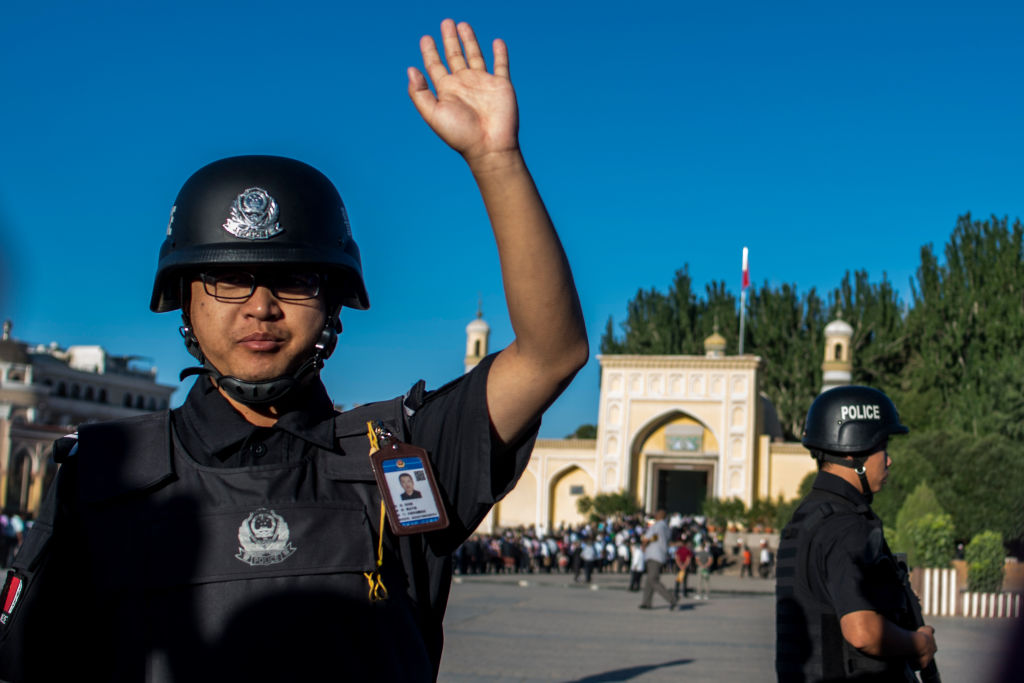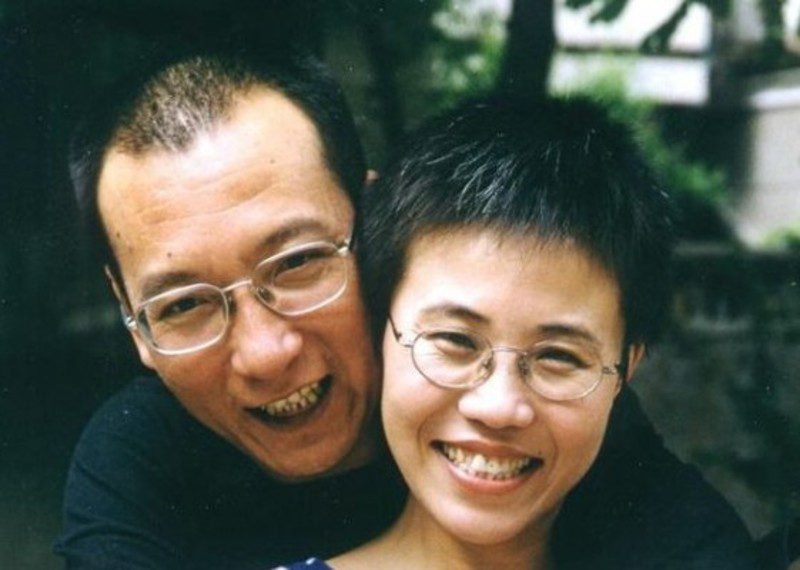President Trump is due to visit China tomorrow as part of his Asia tour. On Oct 25, he congratulated President Xi on his “extraordinary elevation” after China’s 19th Party Congress consecrated Xi Jinping as the most powerful leader since Mao.
Twittersphere is already abuzz with whether Trump will be tweeting in China (a country where Twitter is blocked).
At the landmark meeting between the two nations, North Korea and trade will be high on the agenda, but Trump will probably not tweet about the following issues:
1. China’s forcible return of North Korean refugees

North Koreans who cross the border into China without prior permission are not considered refugees by the Chinese government, but as economic migrants. They are forcibly returned to North Korea if caught.
Although China is a state party to the UN Refugee Convention, it currently does not allow the UN refugee agency, UNHCR, access to North Koreans who have fled into China.
Forcibly repatriated North Koreans are often subjected to arbitrary imprisonment, forced labour, torture or other ill treatment, and possibly execution.
Of course, President Trump’s record on refugees is also less-than-stellar, his travel ban (dubbed by some as the Muslim ban) has closed doors to many refugees and demonstrates a xenophobic policy towards Muslims.
2. #Fakenews
After a visit to top state media outlets People’s Daily, Xinhua and CCTV, President Xi famously stated that the media’s surname should be “Communist Party”—meaning that the the control of the media and of information rest with the Party at all times.
Control is not limited to the press, censorship of the internet is also unmatched. Chinese netizens now jokingly refer to it as a “Chinese intranet”.
In China, there seems to be no end to the appetite of the censorship machine.
Nicholas Bequelin, East Asia Director at Amnesty International
“From jailing a blogger who aggregated public information about strikes and protests, to pressuring Cambridge University Press into pulling out scientific publications on “sensitive” topics, to barring Justin Bieber from performing in China, there seems to be no end to the appetite of the censorship machine — often to a degree of pointlessness,” wrote Nicholas Bequelin, East Asia Director at Amnesty International in his recent op-ed.
Unfortunately, with Trump’s hostility towards the media, we also don’t expect him to be a champion of free press in China.
3. Uighurs are being treated like terrorists

If you are Uighur (one of the ethnic minority groups in China), you can end up in jail for undertaking an independent pilgrimage to the Hajj.
Recent Media reports have talked about numerous detention facilities set up within the Xinjiang Uighur Autonomous Region, variously called “counter extremism centres”, “political study centres”, or “education and transformation centres”. In these facilities, Uighurs and other Muslim minorities are arbitrarily detained for between 6-12 months or more and forced to study Chinese laws and policies. Many of them were targeted because they were found praying, owning religious books, or have been abroad or have family members living abroad.
Ilham Tohti, a respected Uighur economist who has worked for two decades to build understanding between Uighurs and Han Chinese, was sentenced to life imprisonment on charges of “separatism”.
A few months ago, a local state newspaper, Hotan Daily, equated the local religious custom of not smoking among religious people as giving into “extreme religious thought”.
Unfortunately, given Trump’s hostile rhetoric towards Muslims, we also don’t expect him to be a champion of Uighurs in China.
4. #FreeLiuXia (and all the other human rights defenders)

After writer, human rights activists and Nobel Laureate Liu Xiaobo died in custody, his wife Liu Xia is still under surveillance.
Activists and human rights defenders continue to be systematically subjected to monitoring, harassment, intimidation, arrest and detention in China. Police detained increasing numbers of human rights defenders outside of formal detention facilities, sometimes without access to a lawyer for long periods.
Booksellers, publishers, activists and a journalist who went missing in neighbouring countries in recent years turned up in detention in China, causing concerns about China’s law enforcement agencies acting outside their jurisdiction.
Trump will likely not tweet about human rights abuses in China. Whether he will tweet at all remains to be seen, but one thing is for sure – if he does, he will be one of the very few people tweeting in China.


